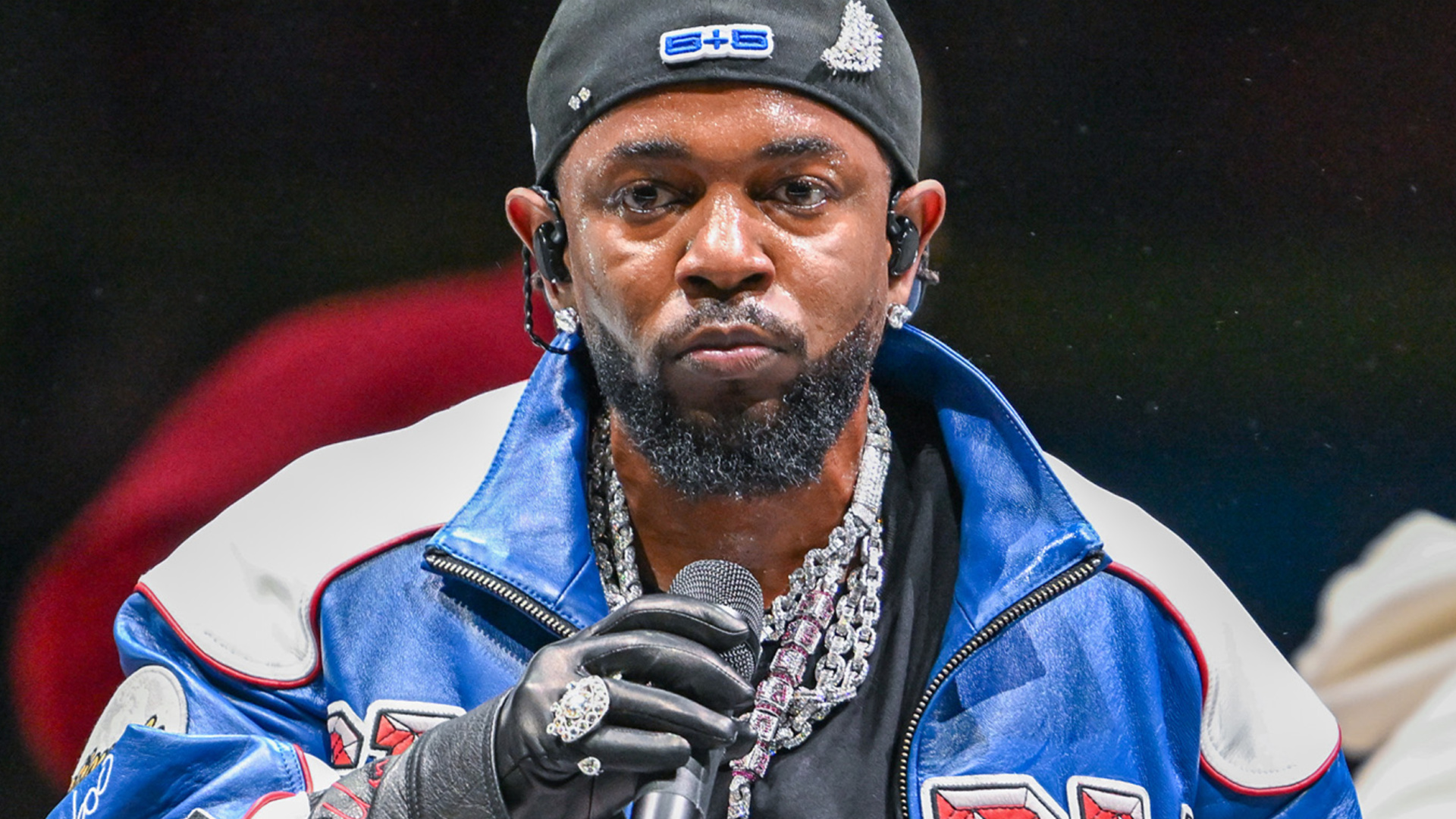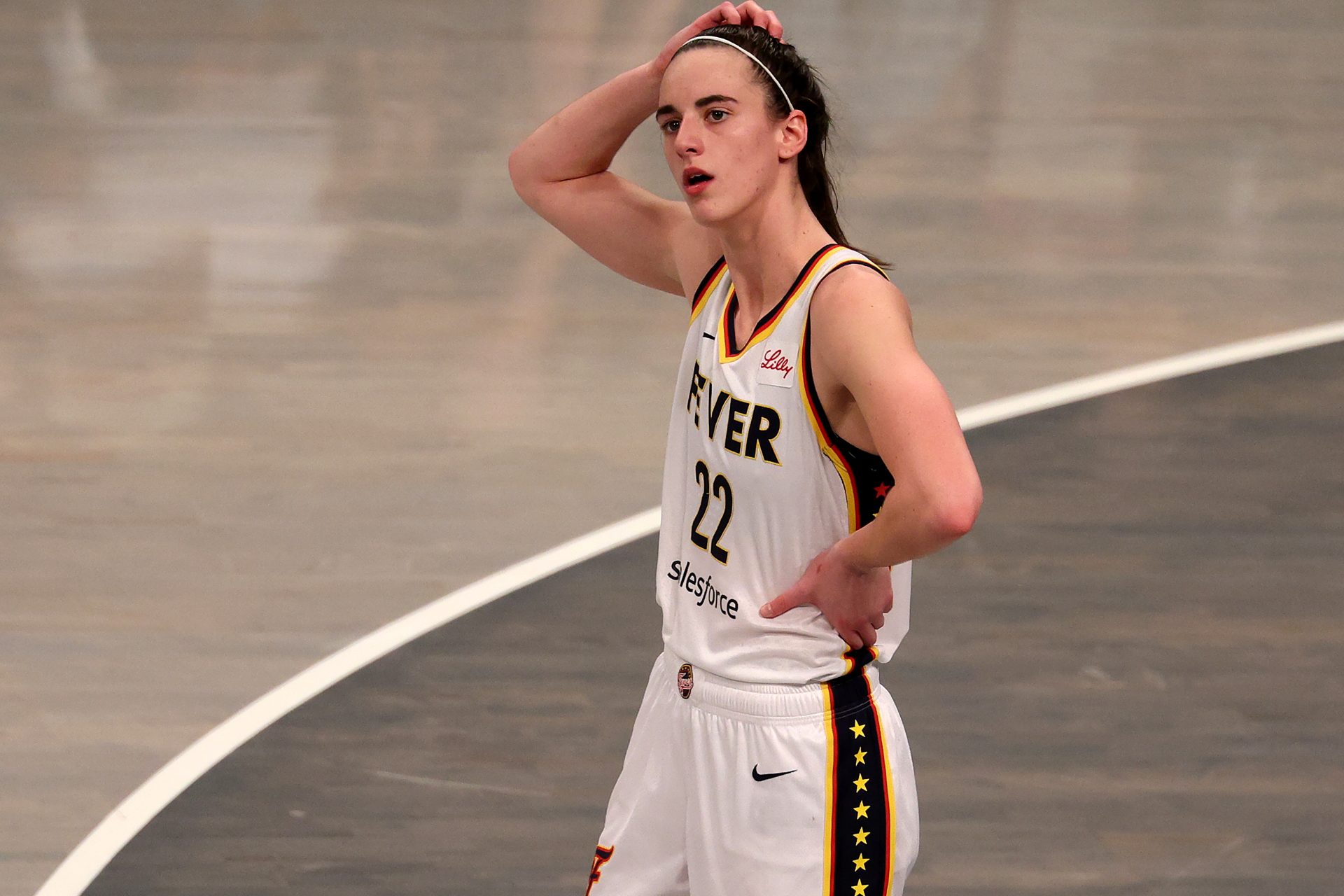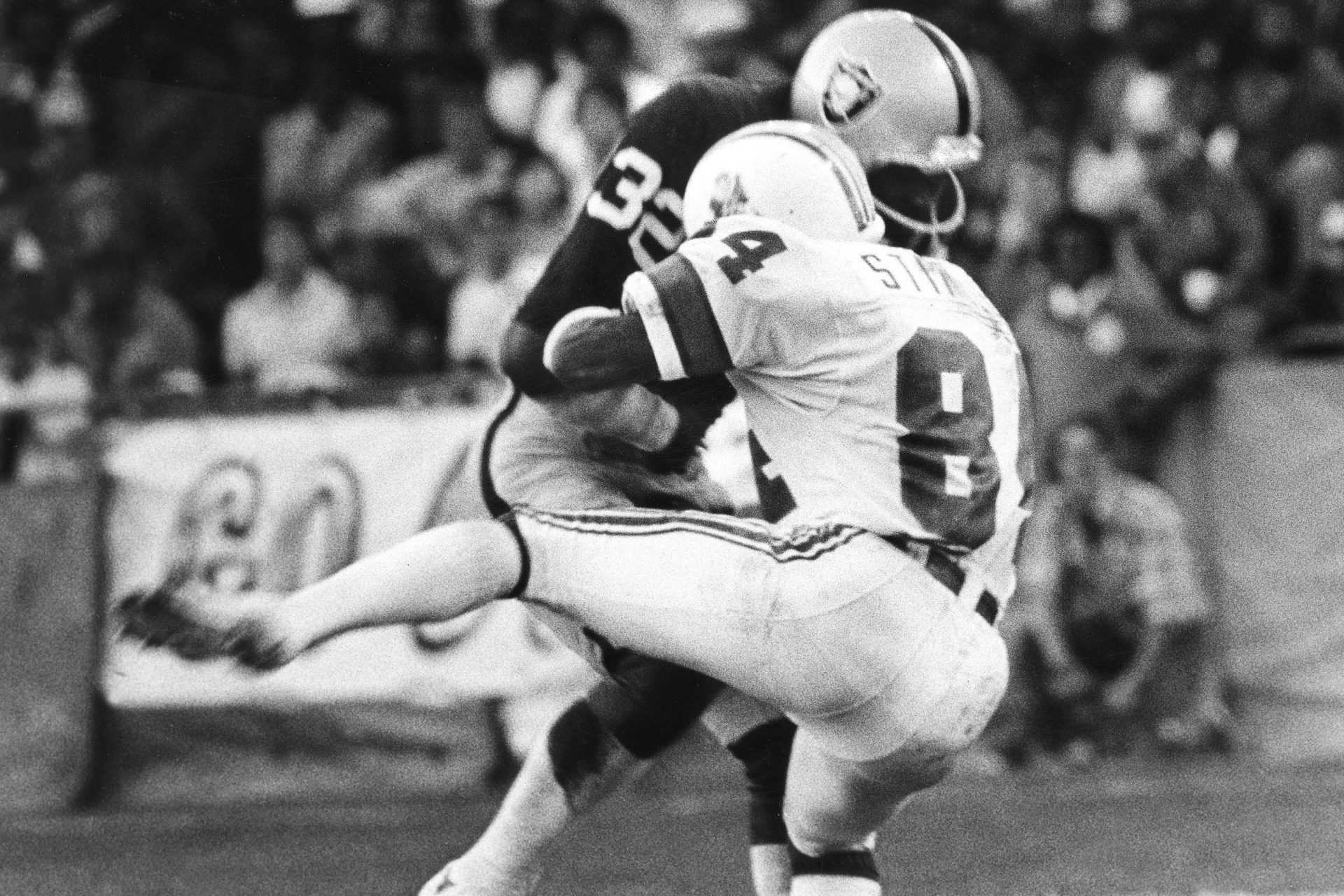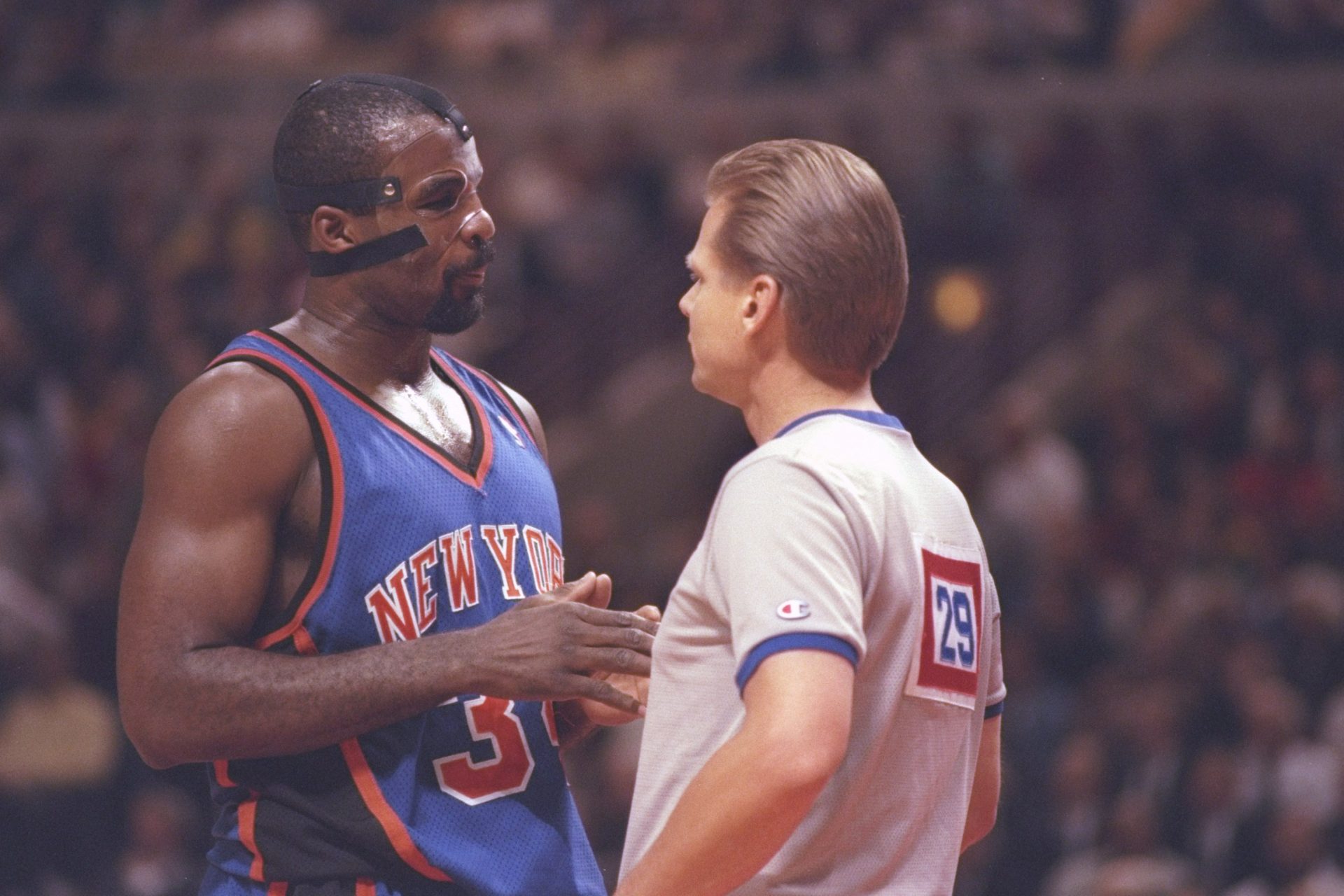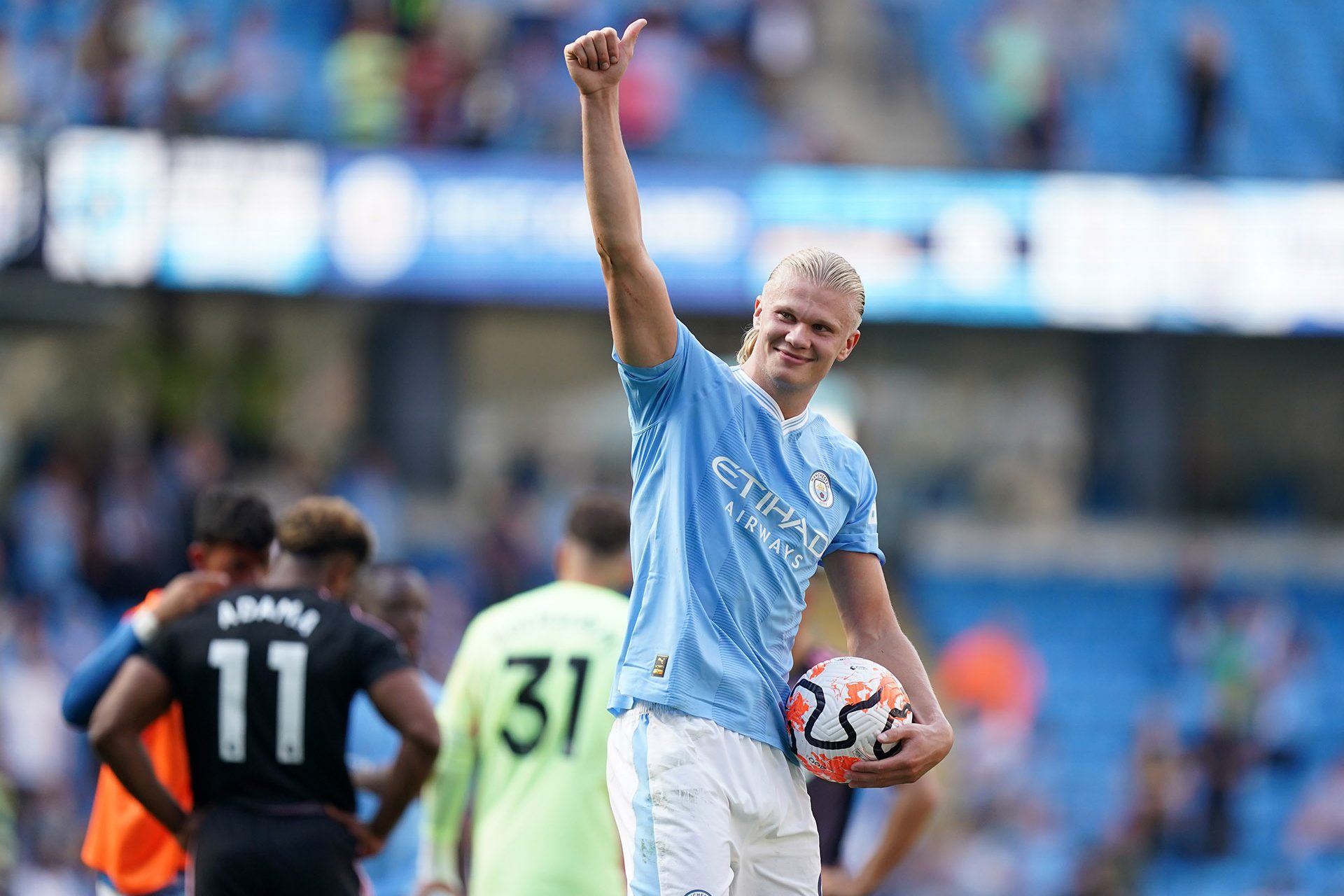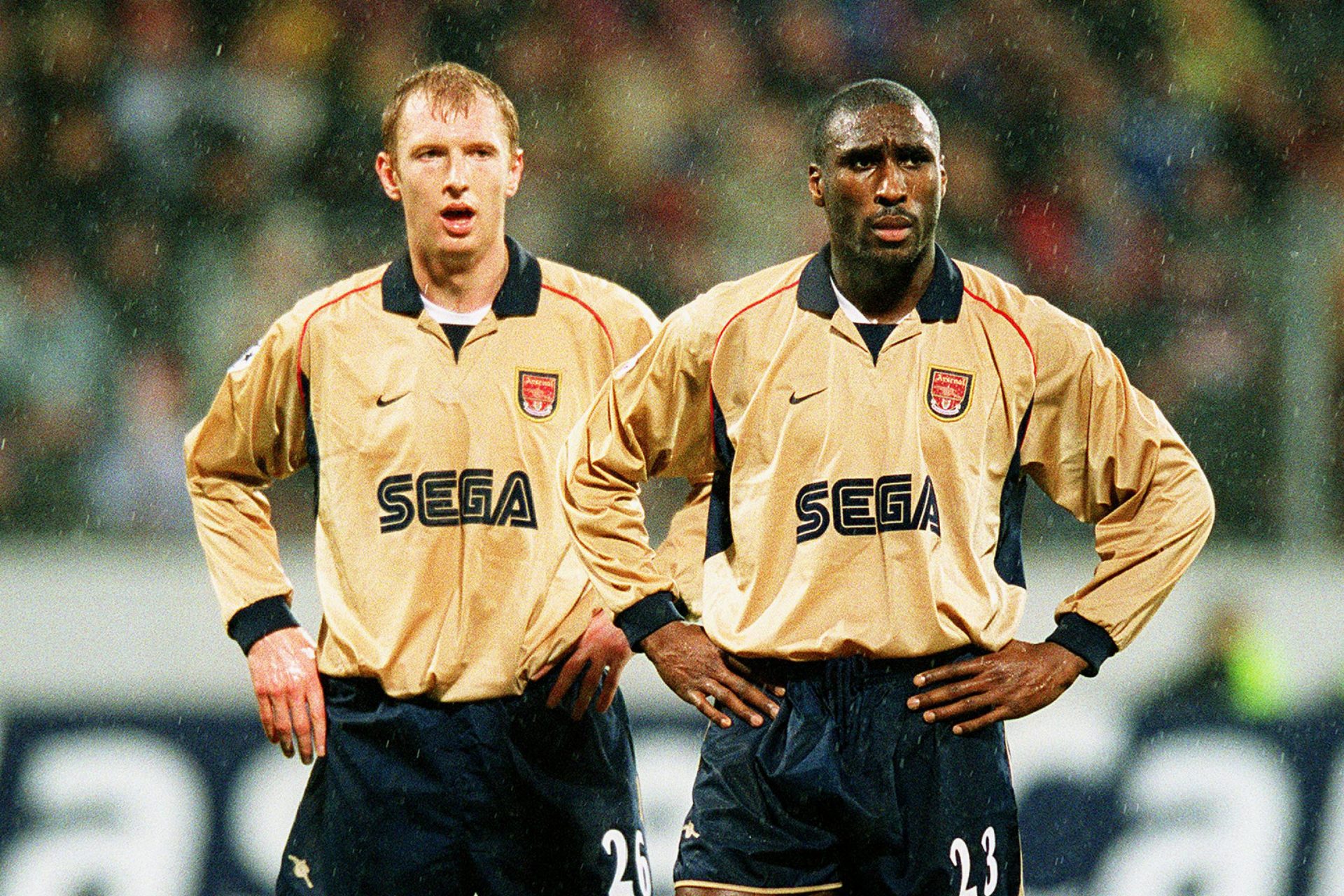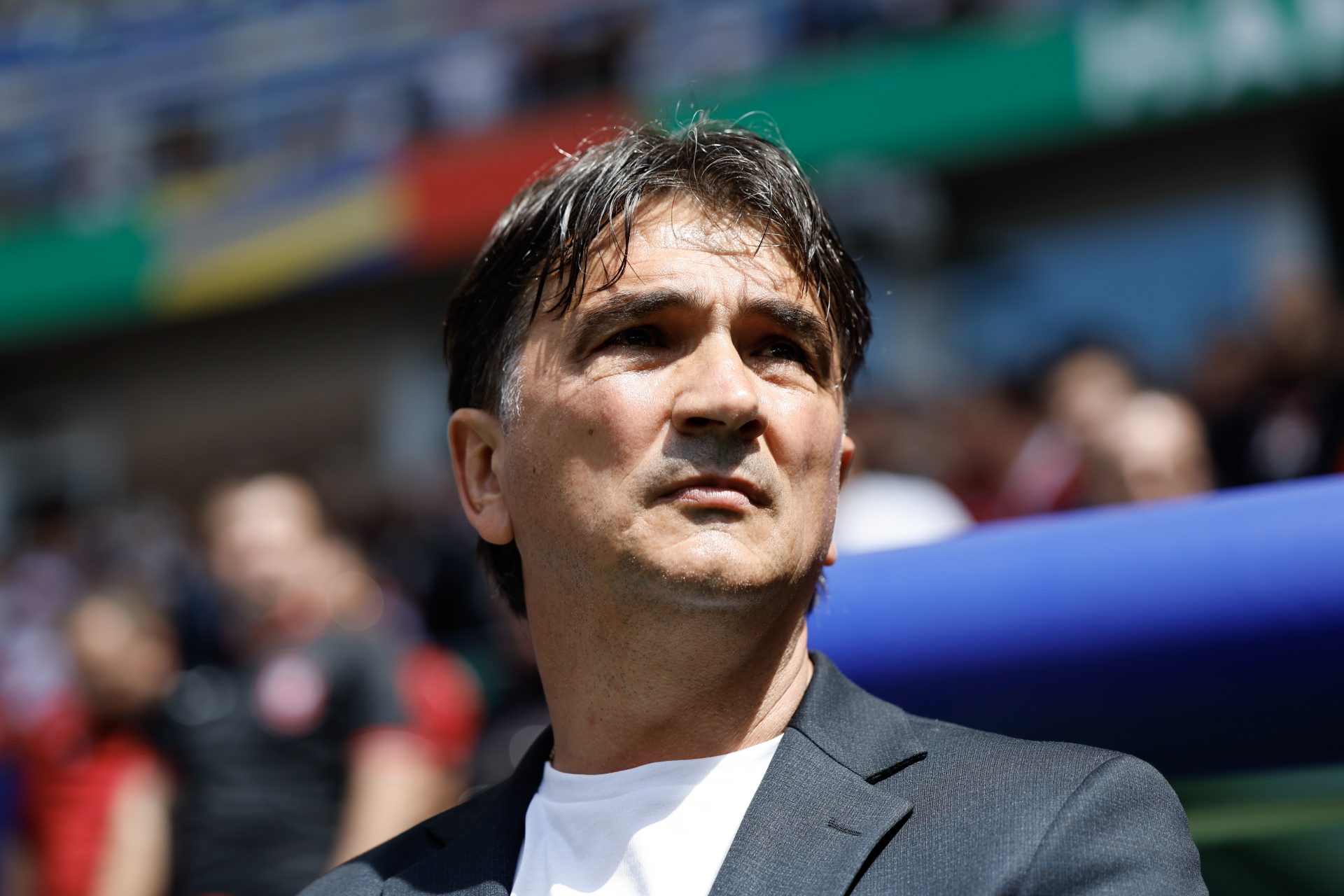The Unlikely Olympic Hero: The inspiring story of Stephen Bradbury
Steven Bradbury is a now retired short-track speed skater who competed for Australia in four Olympics in both individual and relay events. Despite years of competition at the top level, it was his last ever race that cemented him in sporting folklore.
Born in 1973 in Camden, New South Wales, Bradbury entered into a sporting family as his father was the Australian Speed Skating Champion at the time. As such, Bradbury was on the ice from an early age and honed his skills at the Roos Speed Skating Club in Brisbane.
Not known for their prowess on the ice, Australia were victorious in the 5000m relay at the 1991 World Championships, hosted in Sydney. Bradbury was just 17 at the time but had already helped his country win their first ever gold medal in major winter sport.
Despite his role in the World Championship win, Bradbury was not selected in the starting quartet for the 5000m relay at the Winter Olympics in Albertville, France. The Aussie team was expected to challenge for a medal at the games but fell short as they crashed out in the semi-finals.
The 1994 games were held in Lillehammer, Norway and proved to be the site of Australia’s first ever Winter Olympics medal. Now part of the starting quartet in the 5000m relay, Bradbury helped his side stay in contention, using a conservative approach focusing on not falling or getting disqualified. Finishing just behind the American team in an impressive third.
By 1994 Bradbury was seen as having a genuine chance at winning an individual medal at the Olympics, he was even viewed by some as the favourite in the 1000m competition. Despite some good performances, Bradbury eventually fell foul of crashes and pushes from competitors and finished a disappointing 24th.
Speed skating is at times a dangerous sport, with racers topping out at 48 kph. Unfortunately for Bradbury, he fell victim to this danger in 1994 at a World Cup event in Montreal, a fellow skater sliced through his upper thigh, causing him to lose four litres of blood. Bradbury required 111 stitches and 18 months of rehab to recover.
Held in Nagano, Japan, the 1998 Olympics was a chance to improve on Lillehammer, with three of the four medal winners returning to the Aussie 5000m relay team from four years earlier. Unfortunately, the competition was too great and Bradbury’s team finished last in the event. Much like in Norway, Bradbury’s own performances were hampered by falls and collisions with other racers.
In 2000 Bradbury suffered what for many, would have been a career-ending injury. During a training skate at his base in Sydney, Bradbury crashed hard into the barriers whilst avoiding another skater who’d fallen in front of him and broke his neck. After four screws were inserted into his spine, Bradbury was advised to walk away from his sport, but he refused, needing redemption.
The 2002 Winter Olympics were held in Salt Lake City, Utah. Bradbury by this point had managed to return to a good standard of skating, focusing on his individual races rather than the relay. He knew by this point he was past his peak and would need some luck to even make a semi-final let alone win a medal.
Starting strongly in his heat, Bradbury cruised to first place with a decent time of 1:30.956. This placed him into a strong quarter-final battle with only the top two going through to the semis. Bradbury held his own on the track but finished in third. His disappointment was short-lived however, with World Champion Marc Gagnon being disqualified after the race, moving Bradbury into the semis.
Bradbury knew his best chance was to take a steady approach, ensure he stayed upright and hope for some competitors to fall. He understood his pace just wasn’t up to it. Sitting in last place with Kim Dong-sung of South Korea, Li Jiajun of China and Mathieu Turcotte of Canada ahead of him, Bradbury came home in first with the three favourites crashing in front of him, giving him a spot in the final.
Bradbury was in the final of an Olympic 1000m race for the first time, but he faced stiff competition. The field included the comfortable favourite and multi-time world champ Apolo Anton Ohno, six-time gold medallist Ahn Hyun-soo (now Viktor An), multiple Olympics medallist Li Jiajun and the extremely talented Mathieu Turcotte.
Bradbury adopted the same tactic which had proven so successful in earlier rounds, hanging back and hoping for some mistakes. Somehow at the final corner, all of Bradbury’s competitors got tangled together and fell at once, leaving a clear lane for the Australian to cruise home for his nation’s first Winter Olympic gold.
After the race Bradbury stated, "I was the oldest bloke in the field and I knew that, skating four races back to back, I wasn't going to have any petrol left in the tank. So there was no point in getting there and mixing it up because I was going to be in last place anyway. So I might as well stay out of the way and be in last place and hope that some people get tangled up."
A nation who loves their sporting heroes, Australia welcomed Bradbury home to great applause, with his name becoming synonymous with lucking your way into something good. He received an Order of Australia Medal and was immortalised on a series of stamps commissioned by Australia Post.
Often seen as a lucky figure in his sport, Bradbury was at points one of the very best in the world at what he chose to do, without serious injuries and crashes, he could well have racked up multiple golds along the way. His story of perseverance is perhaps summed up best in his own words, “I don't think I'll take the medal as the minute-and-a-half of the race I actually won. I'll take it as the last decade of the hard slog I put in."
More for you
Top Stories




















